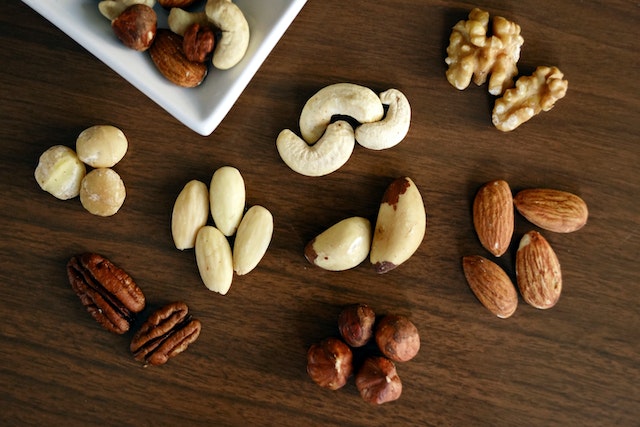Mental Health and Diet
There has been extensive research highlighting the correlations between diet and mental health; however, modern mental health systems do not possess the tools to implement such knowledge effectively.
Psychologists and therapists are beginning to alter this trend by learning about nutrition and integrating food into their work with clients. Here are a few ways they’re doing it.

Eating Disorders
People living with eating disorders can suffer from serious physical consequences, including osteoporosis, anemia and heart damage. Furthermore, they often struggle with feelings of shame, anger and sadness that accompany these behaviors. If you notice similar behavior among someone in your circle, open up an honest and nonjudgmental dialogue about it – psychotherapy (also referred to as talk therapy) can help these individuals regain control of their eating and exercising habits.
Psychologists can work with their patients to identify any underlying issues that may be contributing to an eating disorder and develop an effective treatment plan to address these problems. Cognitive Behavioral Therapy (CBT) helps address negative thoughts and behaviors associated with an eating disorder; Interpersonal Psychotherapy Therapy (IPT) assesses how relationships may be improved between members. For instance, someone who binges food may be dealing with unresolved conflicts or grieving the loss of relationships;
Stress
Stress is something almost everyone experiences at some point in their life, though its symptoms differ depending on who’s experiencing it. There are various strategies available for minimizing and treating this stress such as distracting oneself with activities such as eating, journaling or other forms of diversion from stressful situations; as well as ways to cope with them.
Acute stress often stems from relatively harmless factors, like an argument with a friend or an approaching deadline. Once resolved or met, acute stress usually subsides or disappears altogether.
Long-term or chronic stress can be detrimental to a person’s mental health and lead to physical symptoms and unhealthy behaviors. Seeking professional assistance if you feel overwhelmed, using drugs or alcohol, or thinking about self-harm is crucial – therapies and medications may provide effective relief; Rochester researchers have even demonstrated how teaching students how to reframe their stress response can improve test scores, avoid procrastination and stay enrolled in school.
First Responders
First responders face daily risks and must manage stress, anxiety, depression and post-traumatic symptoms in the workplace. Their spouses and children may not know about what is going on as first responders may try not to show emotion when at work; for this reason it is vital for first responders to get regular check-ups of their mental health status.
Employers should prioritize and normalize mental health care and support for their employees. Companies can offer debriefing sessions after traumatic events, encourage employees to seek assistance when struggling, and develop peer-to-peer support programs.
Employers can show their employees they understand and support their struggles by creating an open environment with trusted peers who can listen without judgement or betrayal, which will decrease stigma associated with mental illness as well as increase employee retention – particularly useful during critical incidents such as line-of-duty deaths or mass casualty events.
Bacteria
Research has demonstrated that humans’ guts are home to an intricate community of bacteria known as microbiome. Studies have revealed how these microbes influence various psychological functions including brain chemistry, pain perception and stress response.
Bacteria are single-celled organisms found virtually everywhere on Earth, from deep sea depths to other living creatures like plants and animals. As they lack nuclei or organelles for reproduction, they’re classified as prokaryotes; their body shapes range from minute spheres and cylinders to flagellated rods or spiral threads.
Researchers conducted one experiment where they administered Bifidobacterium longum bacteria directly into the digestive tracts of mice, known as GABA producing Bifidobacterium longum bacteria that produced GABA which helps calm people. As expected, researchers observed less anxiety among these mice whose brains produced more BDNF. They also performed better on tests of learning and memory performance than controls.
